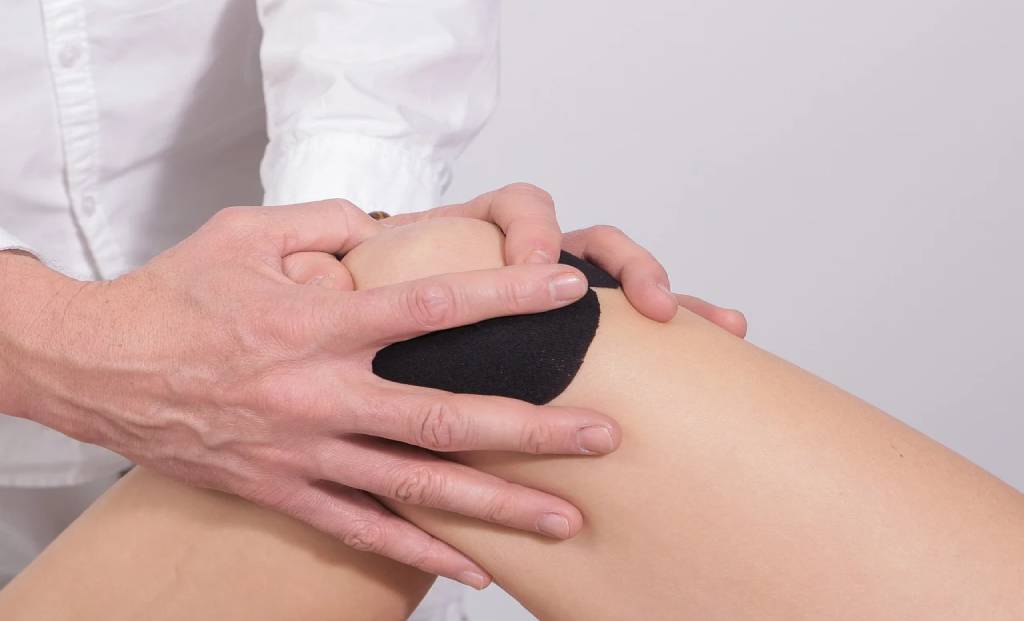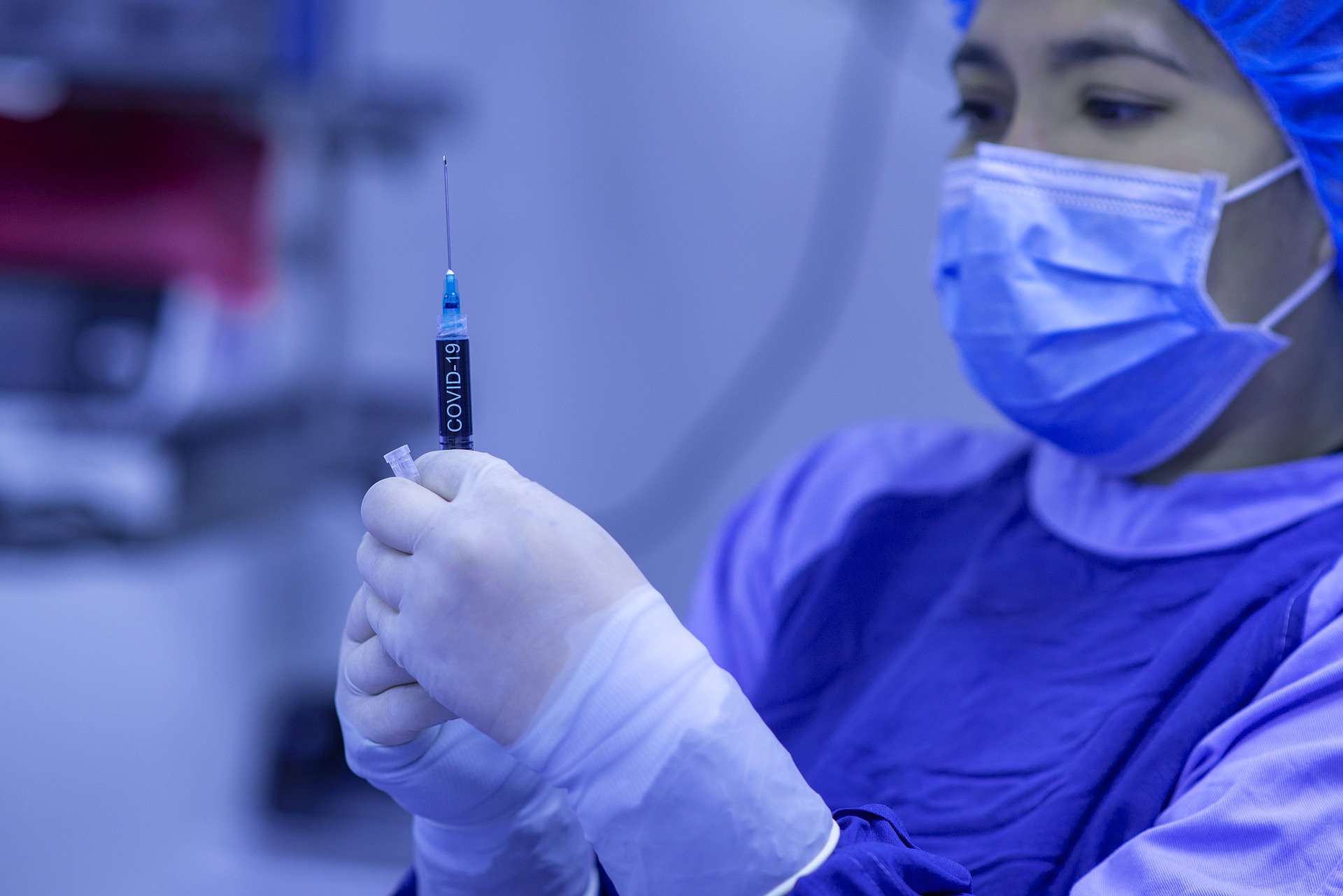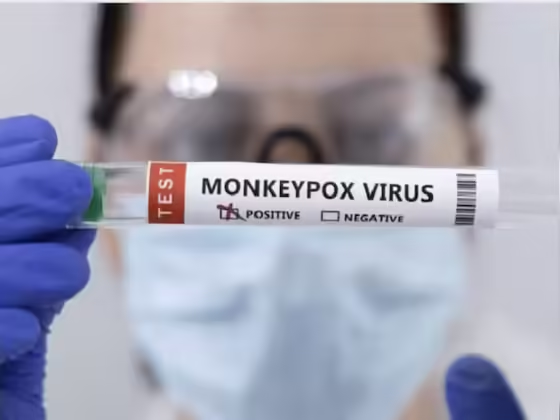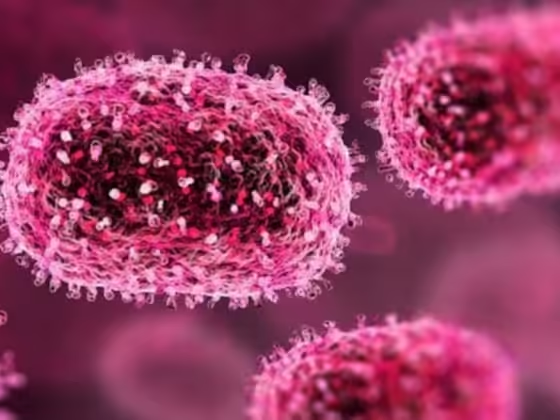The World Health Organization (WHO) announced a new project to help poorer countries develop vaccines for human bird flu infections using advanced messenger RNA (mRNA) technology. This project is led by the Argentinian company Sinergium Biotech and aims to fight the H5N1 avian influenza virus.
H5N1 bird flu has around from 1996, causing occasional outbreaks in birds. Recently, it has started to infect mammals and even a few humans, raising fears of a possible future pandemic. To tackle this, Sinergium Biotech is working on creating vaccines using mRNA technology. Which has been successful in combating diseases like COVID-19.
The WHO’s initiative aims to develop mRNA-based H5N1 vaccines through early-stage trials. If these trials are successful, the technology and knowledge will be shared with manufacturers in lower-income countries. This will help these countries speed up their own vaccine development and production.
This project is part of the WHO’s mRNA Technology Transfer Programme. Which started in 2021 with the help of the UN-backed Medicines Patent Pool (MPP). This program was create to address unfair distribution of vaccines in COVID-19 pandemic. By helping low- and middle-income countries make their own MRNA vaccines.
MRNA technology teaches the body to create a protein that triggers an immune response. Training the immune system to fight specific infections.
The success of mRNA COVID-19 vaccines has shown how powerful this technology can be. It reveals the unequal access to vaccines around world.
“This initiative exemplifies why WHO established the MRNA Technology Transfer Programme,” said WHO Director-General Tedros Adhanom Ghebreyesus. “Our goal is to foster greater research, development, and production capabilities in low- and middle-income countries, ensuring that the world is better prepare for future pandemics.”
Currently, the MRNA Technology Transfer Programme includes 15 manufacturing partners in countries like South Africa, Ukraine, and Vietnam. By giving these partners the tools and knowledge to produce mRNA vaccines, the WHO hopes to build sustainable vaccine production capacities that can quickly respond to new health threats.
Martin Friede, head of the WHO’s vaccine research unit, highlighted the benefits of mRNA technology. “The flexibility of mRNA allows us to develop not only COVID-19 vaccines, the vaccines for other diseases H5N1, and therapeutics,” Friede said. “If the demand for H5N1 vaccines decreases, these facilities can switch to producing other important vaccines or treatments, keeping them operational.”











